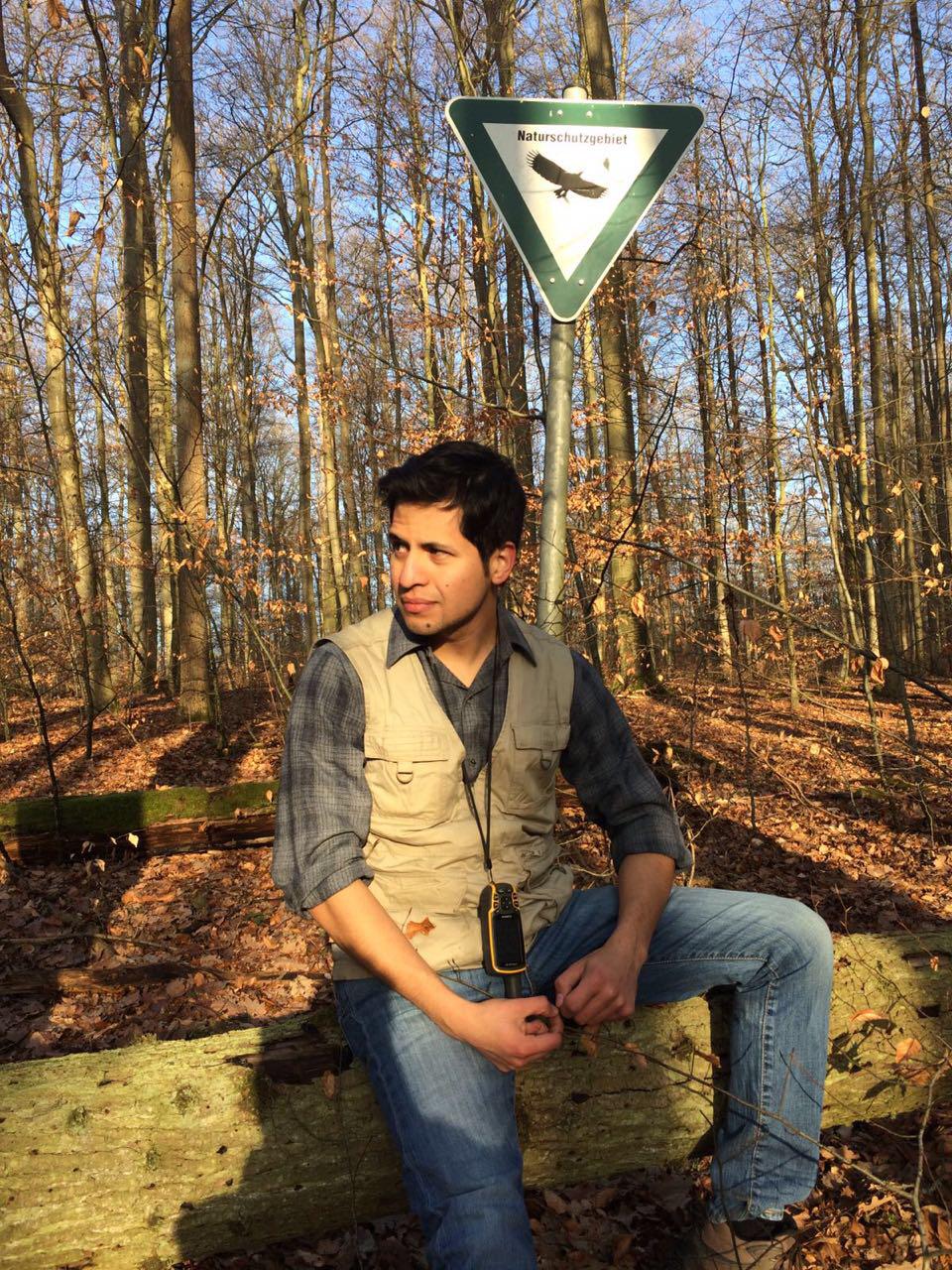
Dr. Jesús Rafael Hernández Montero
Applied Zoology and Nature Conservation
Loitzer Str. 26
17489 Greifswald
Fax: +49 (0)3834 420-4252
jesus.hdezmontero(at)gmail(dot)com
Research Interests
Associative learning in bats
Finding a suitable place for living is of paramount importance for most animals, particularly for bats since most of the species can not built their own shelters. It has been investigated that bats can judge a roost’s quality by inspecting and experiencing its habitability and later decide whether using it or not. However, it is largely unknown how bats recognize roosts from external characteristics. This recognition may be done through cognitive mechanisms by means of associative learning. I aim to test if free-living bats can learn to associate external characteristics of roosts with its suitability. I also want to investigate how long and how fast bats are able to retain and update this knowledge. I am going to test this ability in three syncopic bat species with similar natural history: Bechstein’s bats, Natterer’s bats and brown long-eared bats. To address this question, I am using automatically monitored bat boxes with RFID antennas.
Publications
- Hernandez-Montero J.R., Adam M., Kerth G. (2021). Are echo-reflective cues effective to attract bats to newly placed artificial roosts? Acta Chiropterologica, 23(1):199-205.
- Hernández-Montero, Schöner C.R., Kerth, G. (2020). No evidence for memory retention of a learned association between a cue and roost quality after hibernation in free-ranging bats. Ethology 7: 761-771.
- Hernández-Montero, J.R., Reusch, C., Simon, R., Schöner C.R., Kerth, G. (2020). Free-ranging bats combine three different cognitive processes for roost localization. Oecologia 4: 979-988.
